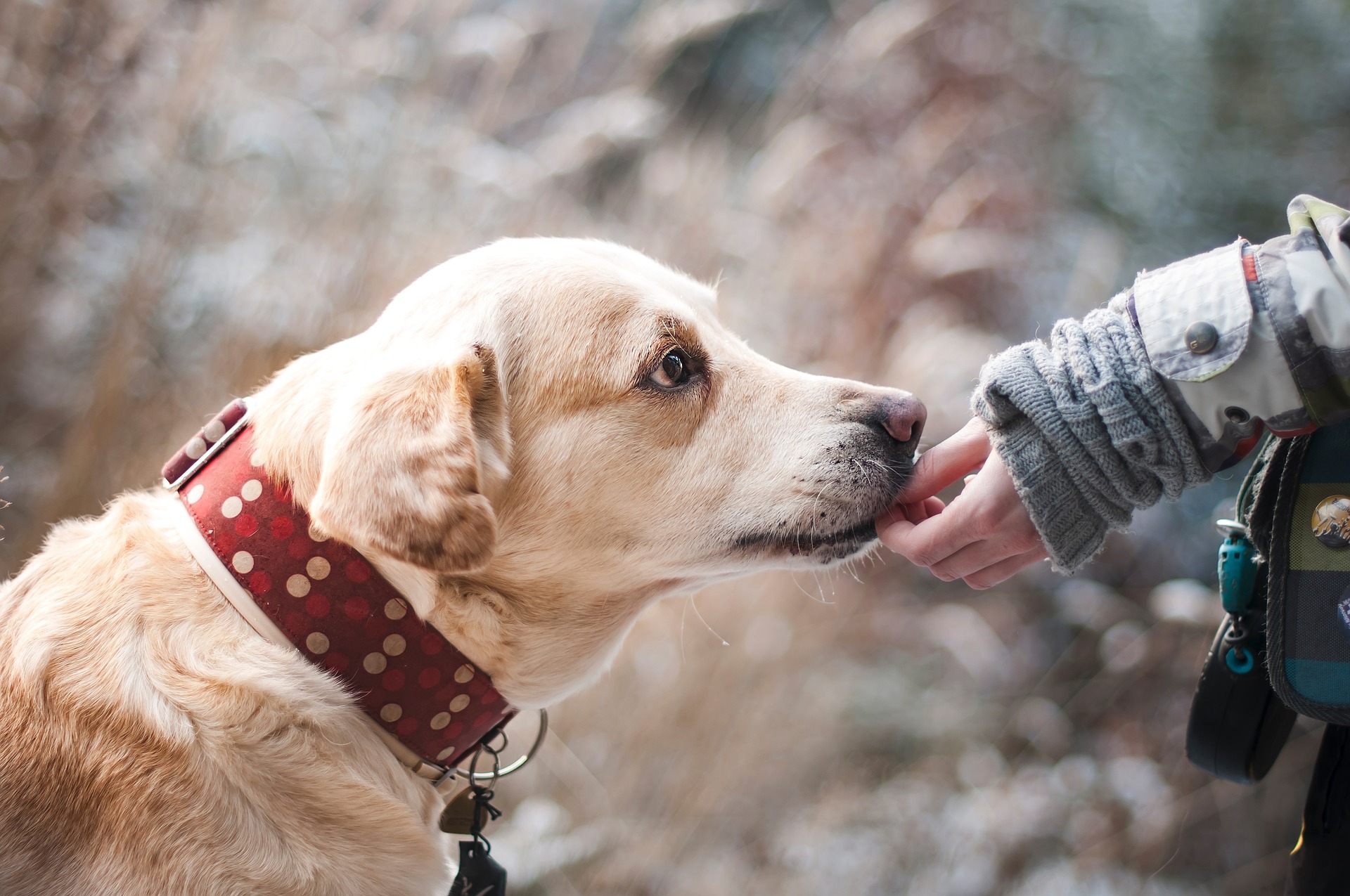
Adopting a dog is a big deal. It’s a huge responsibility for both yourself and your family. As you are looking at different dogs in your area that are available for adoption, you need to take into consideration every aspect of your new dog to make sure that you are finding the perfect fit. You’ll probably fall in love with almost every dog you see. But, here are seven things to consider before making that final choice.
1. Temperament
Every dog has their own personality just like people do. Some are more independent than others and some just want affection all of the time. While dogs will be nervous and easily excited when they are awaiting adoption, some behaviors could be signs of problems that you could have trouble dealing with.
Overly shy
Overly shy: If the dog is afraid of you and you aren’t able to coax them into coming to you or smelling your hand, it’s possible that the dog has been abused. It’s all too common, especially with dogs in shelters. They won’t let you pet them because they are afraid of you. Sometimes, the abuse may have been so severe that they are never able to trust humans again.
Possessive
Possessive: If they won’t let you touch their toys or bedding without growling at you, it could also be a sign that they may have been abused. The growling could turn into biting, especially with strangers who aren’t aware of the dog’s possessive nature.
Barking
Barking: All dogs bark, especially in a caged environment with other animals. But, if you can’t seem to stop the dog from barking, even after you have it in a quiet area, you would want to think about the implications of this behavior where you live. Incessant barking can be disturbing both for you and your neighbors.
Biting
Biting: Biting, in any form, has to be a concern. Unfortunately, once a dog crosses the line and bites someone, they may do it again in the future. While it is in their nature to bite and chew, it’s very sad that something in the past caused the dog to bite with aggression.
How they act around other dogs
How they act around other dogs: Dogs will usually like to play with other dogs or pretend to fight. But, if the dog you are looking at is overly aggressive with other dogs, you should be wary. Owing an aggressive animal can cause legal issues for you if they harm another animal or a person.
2. Kids
Always do as much research as possible about a dog’s natural tendencies before choosing one, especially if you have children. Some breeds are just genetically better at dealing with the touchy fingers of little ones. Other breeds may be a little too hyper or sensitive by nature, making them nervous and jittery around little children. Mixed breeds can go either way based on their predominant tendency. It’s always a good idea to have your child interact with any animal you are thinking of adopting, with you closely guarding, of course.
3. Training
Whether or not a dog is trained may be something else that you should consider. Training takes a great deal of time. Not only will they need to be house-trained, they also need to be leash trained, at a minimum. Some dogs will already be trained and some won’t. If you don’t have the time or resources to train a dog on the basics, this could be a consideration when you are deciding on which one to bring home.
4. Exercise
All dogs need exercise to keep them healthy and let them burn off energy. They spend most of their time inside the house and will need to get outside to run every day. For some animals, it may just be a short romp around a fenced-in yard. For others, it could mean several minutes of continuous exercise or long walks. All dogs will require a different amount of exercise. You’ll want to consider how much time you and your family are able to set aside to make sure that the dog you want to adopt will get enough exercise.
5. Size
Sometimes, those puppy eyes may be tearing at your heart making you want to get a dog that is bigger or smaller than you originally intended. Just remember that big dogs and little ones need different spaces to be comfortable. Bigger dogs can also make more messes, shed more hair, and eat more than a smaller dog. And smaller dogs tend to need a lot more affection, can be a little louder, and can be more difficult to house-train.
6. Health
This is where they can really pull at your heartstrings. They are in a shelter and don’t look like they’ve been taken of very well. They may even look unhealthy. They could have patches of missing hair, unhealthy-looking teeth, a dull coat, or maybe even physical injuries. But, they just look so sad that you want to help them. You should really learn more about taking care of a sick dog before you make this big of a commitment and make certain that you are ready and able to care for its needs.
7. Age
It’s always unsettling to see an older dog in a shelter. While you hope that they have had the good fortune to have led a good life up that point, you feel sad to think that they may spend the rest of their lives in a shelter. Older dogs will begin to have health issues or may already have them. Adopting an older dog should be considered very carefully.
While your heart will guide you through the process of choosing the perfect dog, don’t let it lead you to an irrational decision. Your real priorities are to find one that you love, will blend with your family complimenting your lifestyle, and one that you can afford to take care of.
Please follow and like us: